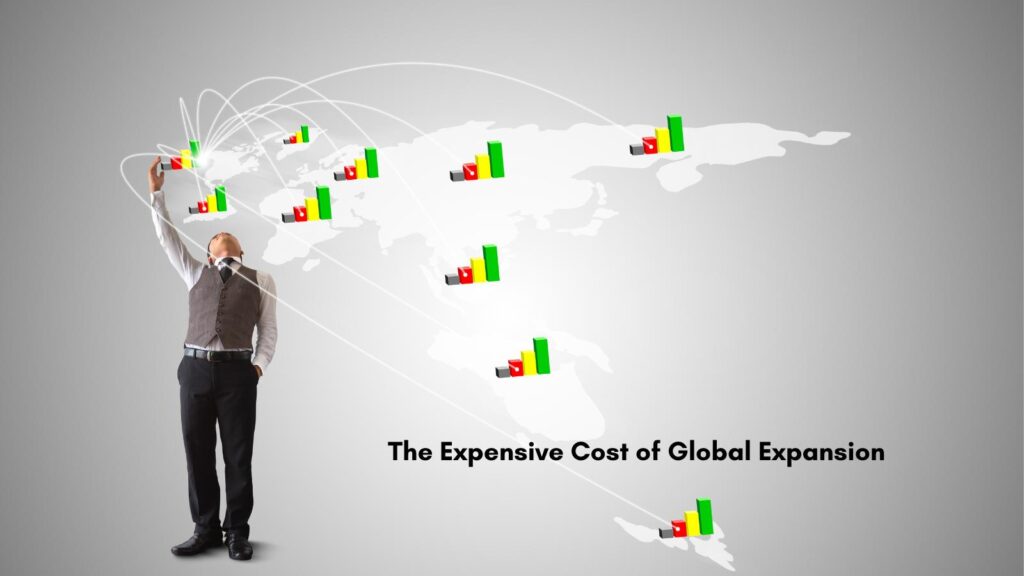If you have been a successful industry leader in your country, you may consider taking the next step for global expansion. This is a big move for any company, especially if you have nurtured it from humble beginnings, and it can feel more than a little overwhelming.
However, it can also be a fascinating time for a company. Here are some tips to help you move from small business to world domination with a global expansion.
Table of Contents
Are you ready to expand globally?
Before doing anything, you must ensure that you and your business are ready financially and logistically before you start the often complex and lengthy process of going global. If you are unsure, there is no harm in waiting a bit longer because diving into the deep end too quickly may cause you to fail.
Remember that just because you think your product, service, or idea will work in another country does not necessarily mean it will.
Expense of Global Expansion
Going global is always expensive and complicated, regardless of the size and type of business. It takes resources and time away from other opportunities and your core business activities. Can you afford to take this risk?
Before considering an international global expansion, plan and track your market share to see how it will support new international markets and help you build more long-term opportunities.

If you think that there is a need for your offerings, have all of the necessary resources to finance the initial investment, and maintain the development you are planning, then go for it. It is essential to keep this in mind.
However, success is rarely immediate; preparations and time must be added to your plans for growth.
The Challenges of Global Expansion
With global expansion comes many new challenges and obstacles you may not have considered. These may include:
Language barriers: How do you interact with the Chinese market if your business’ primary language is English? If messages are not delivered correctly, the company can suffer.
There are ways around this. One of the most transparent and straightforward ways is to recruit bilingual workers who interpret for you or look at Language Training Programs for Companies.
It does not matter where you are – customers expect the best quality service, and language can be a significant barrier.
Cultural differences: We need to consider both language and cultural differences. Remember that every country and culture has complexities and ways of doing things; it is essential to focus on those and not offend them.
Compliance with International Regulations
Ultimately, you may be aware of all the rules and regulations governing compliance in your country. However, do you know the rules in the other countries you plan to expand into?
This includes global tax regulations, corporate regulations, and packaging requirements. You may need an international banking company to help you manage the financial side of the business. However, if you want to get a little more creative, there are some ways around this.
These include using payment platforms such as PayPal, although this does bring about some issues of its own, or International money transfer, which is safe, easy to use, and could save you plenty of money in transfer fees.
Conclusion: Global Expansion
Expanding globally can grow your business, but it takes careful planning. Understand local markets, laws, and customer needs. Build a strategy that fits your budget and ensures smooth logistics.
Don’t underestimate cultural differences—they can affect how people see your product. Work with local partners in your global expansion who know the area well. Stay flexible to adjust when unexpected global expansion challenges pop up.
Global growth can bring rewards but will also demand focus and effort. Start small, measure results, and proceed with your international expansion. Are you planning to expand globally for 2025?




